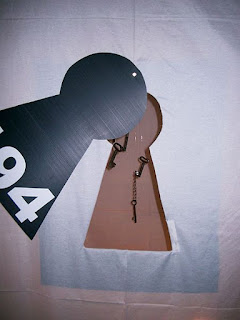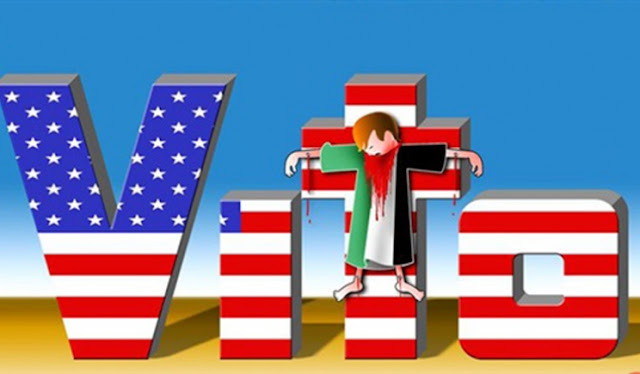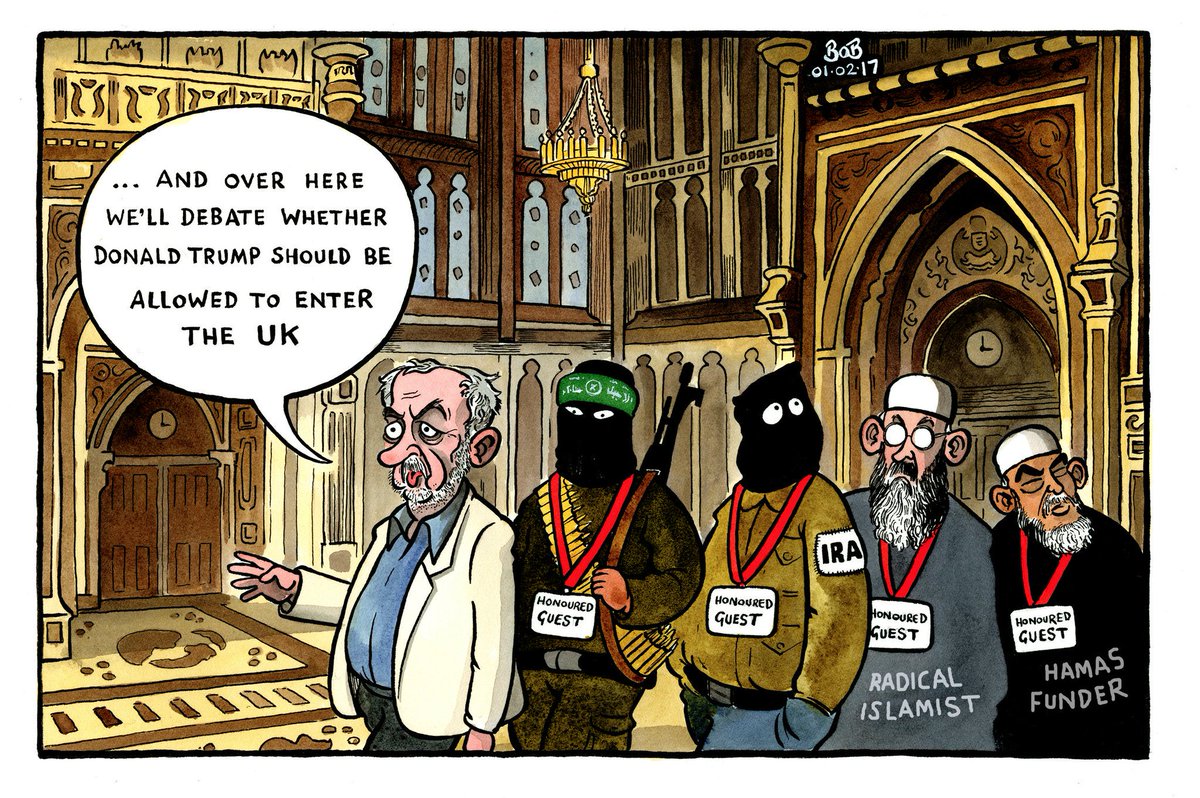One of the issues of the Israel-Palestinian conflict is the refugee problem resulting from those Arabs who left the land during the 1948 War - how many left due to the encouragement of promises from the Arab world, how many out of fear of the chaos of war and how many from other reasons is a question for another time.
Today there is a symbol used to represent this refugee problem: a key.

Art by a teenage Bethlehem artist, entitled Resolution 194,
a UN resolution. The keys symbolize those kept as mementos
by Palestinians who left their homes in 1948
It is a poignant symbol - but apparently, Arabs have been known to hold onto their keys before.
In 2005,
Spain passed a law granting the right of citizenship to Sephardic Jews who were descendants of the Jews who in 1492 were given a choice of either converting or going into exile. Two years later,
descendants of Muslims who had been expelled from Spain in the seventeenth century asked for the same treatment. Mansur Escudero, the head of Spain's Islamic Board, representing Spanish Muslims explained at the time:
"It would be more of an emotional, moral gesture, a recognition of an historic injustice," he told Reuters, adding that
some "Andalusian" families still preserved keys to houses they left behind four centuries ago. [emphasis added, p. 143]But as it turns out, Arabs are not the only ones to hold onto their keys to remember home.
Nor are they the first - not by a long shot.
While reading Simon Sebag Montefiore's
Jerusalem - A Biography, I came across this last week about the Bar Kochba rebellion:
The Jews retreated to the caves of Judaea, which is why Simon [Bar Kochba]'s letters and their poignant belongings have been found there.
These refugees and warriors carried keys to their abandoned houses, the consolation of those doomed never to return. [emphasis added]In fact, it appears Jews who were forced out of Spain did the same thing.
(full article online)
Jews Have Also Been Holding Onto Their Keys (Daled Amos) ~ Elder Of Ziyon - Israel News









